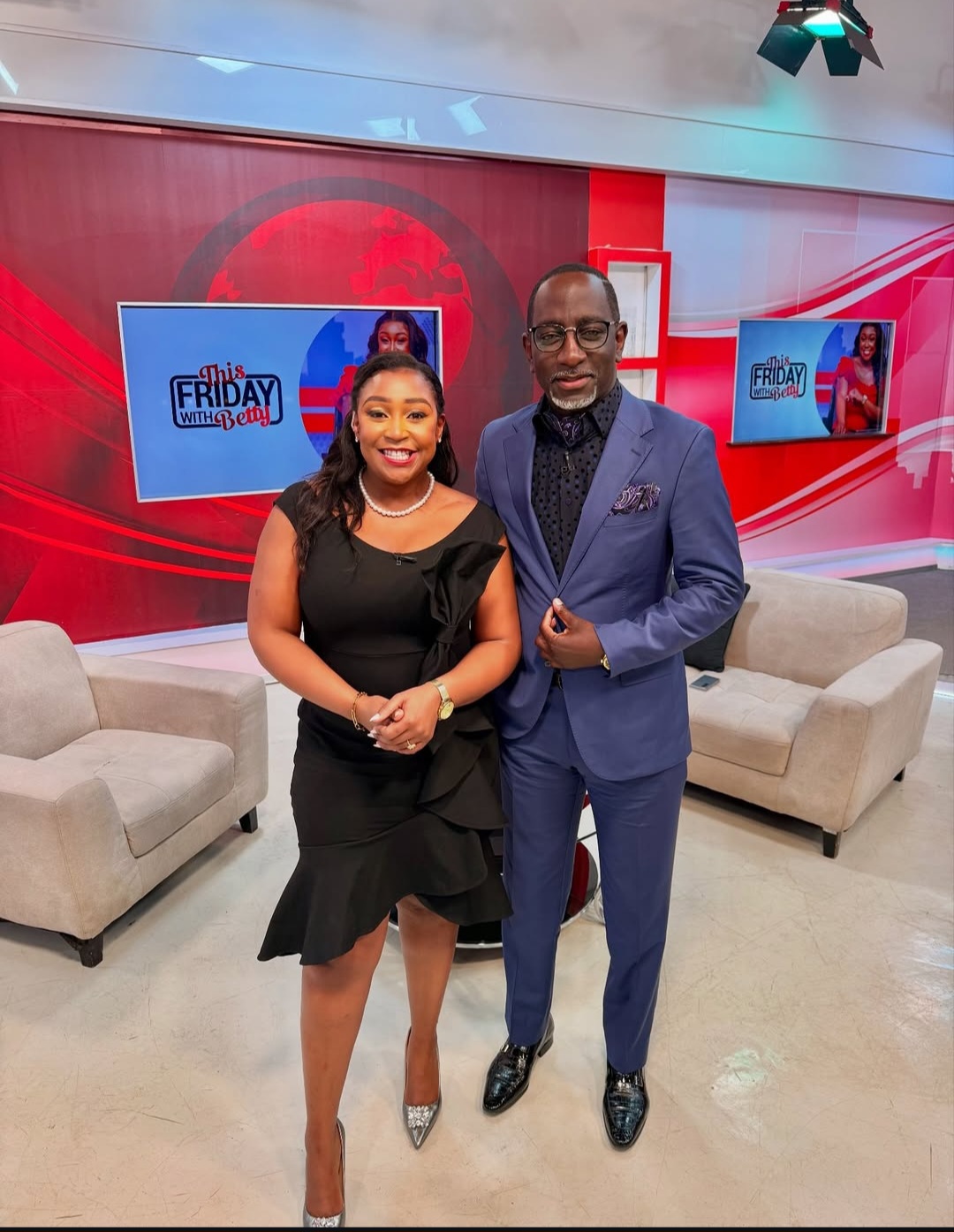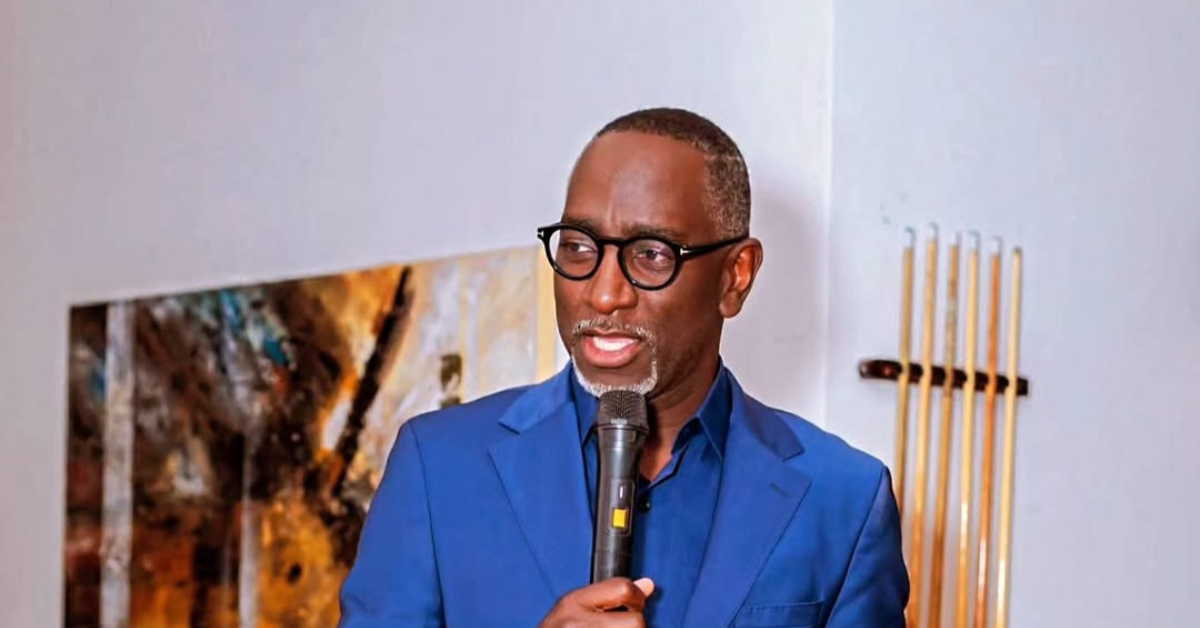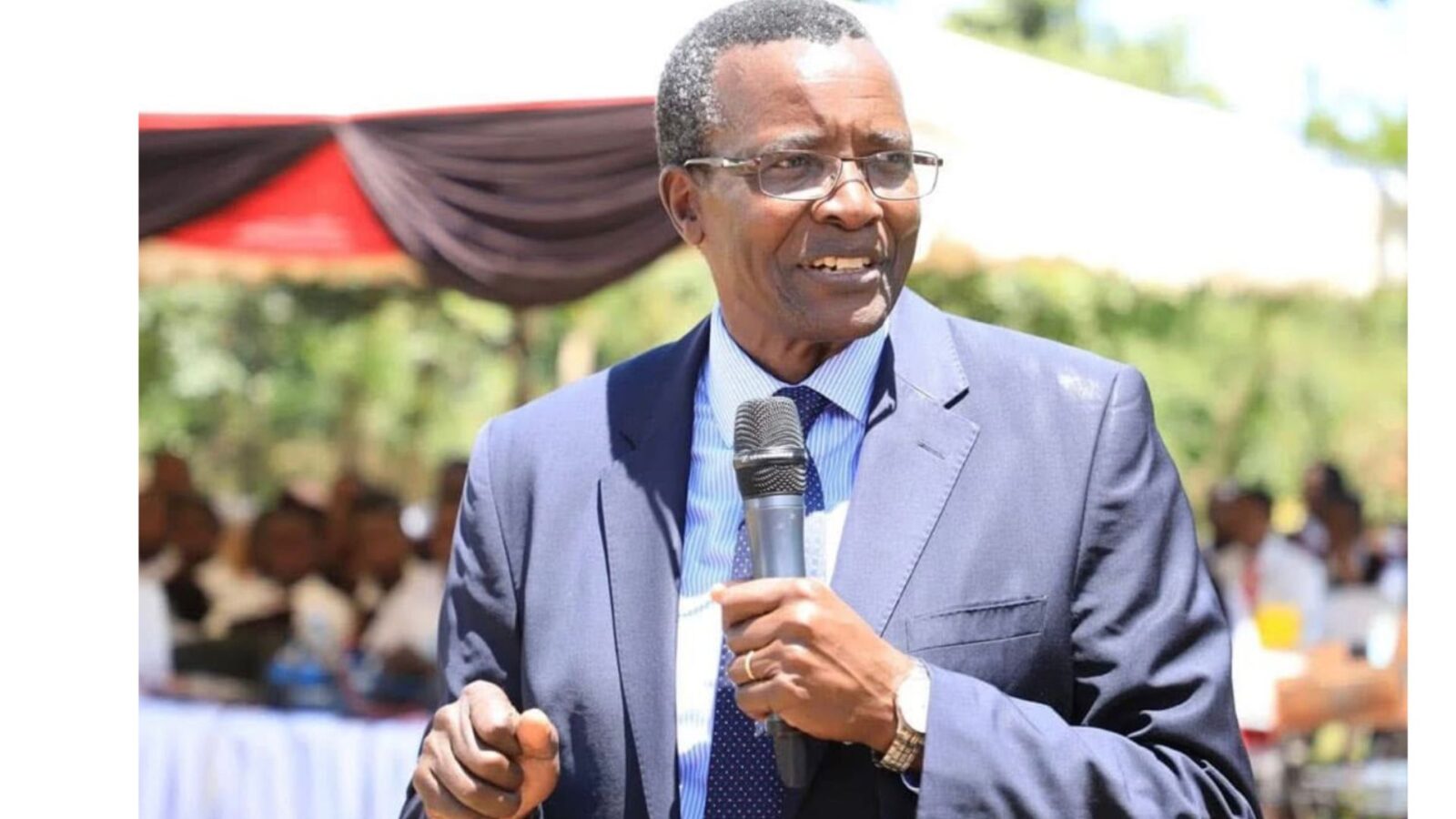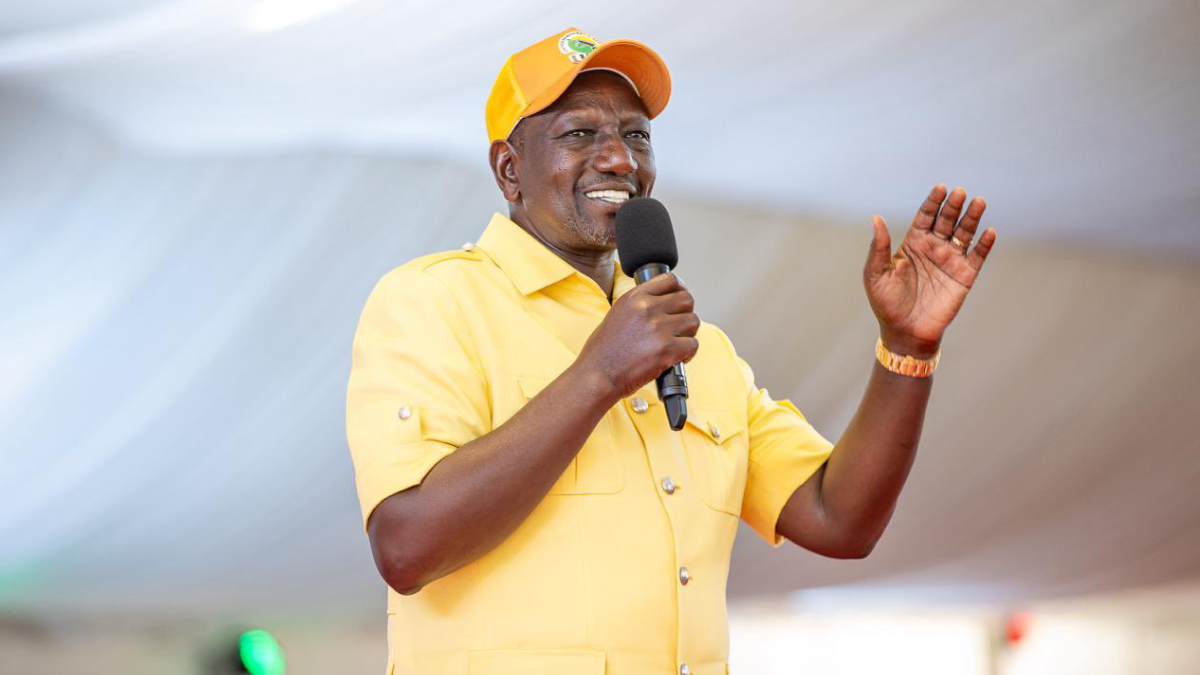Renowned motivational speaker and pastor Robert Burale on Friday, June 13 night delivered an emotional and deeply resonant message that struck a chord with many Kenyans.
Speaking with TV47’s Betty Kyallo, Burale opened up about the silent struggles men face in a society that often demands strength while denying them space to be vulnerable.

Burale began by highlighting the early conditioning of boys, explaining that from as young as five years old, society teaches them that expressing emotion is a sign of weakness.
“From the age of five you told us not to cry as boys, so at the age of 50/60 I’m not gonna cry because you told me that showing my emotions is a sign of weakness,” he said.
This early emotional suppression, Burale emphasized, leads many men to grow into adults who are emotionally isolated.
In a powerful metaphor, he contrasted men who are “married to knives” and use self-harm as an outlet for their pain, with others who are married to wives but feel suffocated by the expectations placed on them.
“That’s why you hear some men saying, ‘My wife doesn’t let me breathe,’” he explained.
The issue, according to Burale, isn’t a lack of love, but a lack of emotional understanding and space.
He also tackled the subject of communication and misplaced trust.
Burale lamented that many men end up sharing their pain with people who cannot truly support them, like barmaids, instead of their partners.
“Men talk to people they are not supposed to. Men talk to barmaids, some barmaids have the greatest secrets for men, because they feel safe when they talk to them, some of those men will not talk to their wives, because at some point it was used against him.”
He warned that when a man opens up emotionally, it’s not just an act of trust, it’s an offering of his most guarded self.
“When a man trusts you with his vulnerability, never ever use it against him, you have lost that man, he may be there physically but he’s gone.” He said.
Burale’s testimony became even more personal as he spoke about his own journey through hardship.
He confessed to having cried out to God in private over burdens he could not voice publicly.
“Even as you look at me now,” he said, “there are things I am crying to God for.”
Recalling his father’s death, Burale shared how deeply it affected him.
“I felt like he died too soon before I was ready to take on the reigns of our family, my mum called me AA, who’s now my father and it meant now I was the leader of the family and I wasn’t ready, I felt like the shoes were too big, I felt inadequate.,” he said, his voice heavy with emotion.
He went on to admit that he had struggled with suicidal thoughts, underscoring the importance of acknowledging emotional pain, even for men.
“It’s okay not to be okay,” he affirmed.
Addressing the stigma around male vulnerability, Burale pointed out that society rarely permits men to say they are tired or overwhelmed.
“The world doesn’t allow a man to say, ‘I need rest,’” he said.
This, he argued, has led to misjudgments about fathers who are doing their best within difficult financial or emotional constraints.
“Some men we call deadbeat are not deadbeat at all,” he stated.
“It’s just that the financial expectations placed on them were raised too high, and when they ask for grace, they are dismissed.”
He challenged women who claim both mother and father roles on Father’s Day, saying,
“Any woman who says ‘Happy Father’s to us mothers who have been fathers’, that is the lie from the pits of hell, you’re not a father, there are things only a man can impute on a daughter or a son and there are things only a woman can do.”
His message was not to discredit single mothers, but to highlight the role of fathers, even when unseen.
Finally, Burale dismantled materialistic definitions of masculinity.
“We think a real man is one who drives a big car or earns a six-figure salary,” he said. “But that is not the true identity of a man.”
He contrasted this with men who may not have wealth or status, but who rise each morning from the slums of Nairobi and return home to care for their families. “That,” he concluded, “is the real man.”












